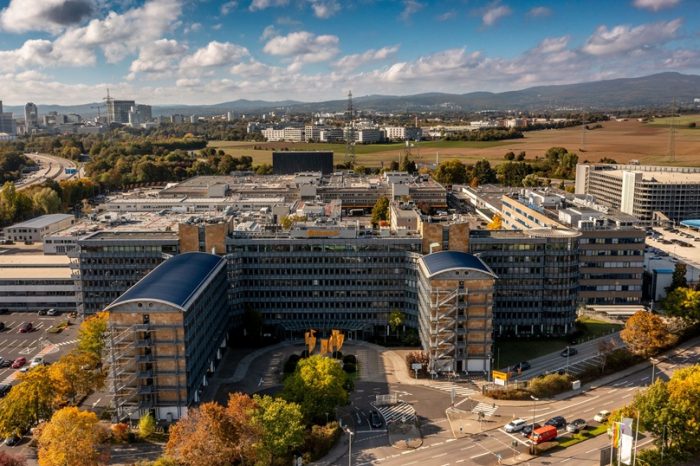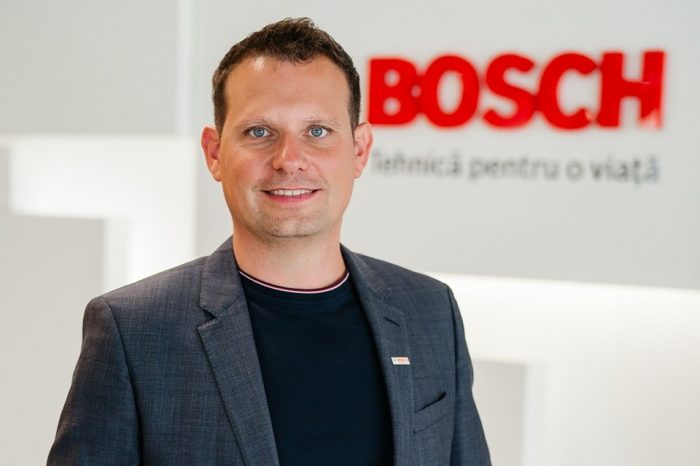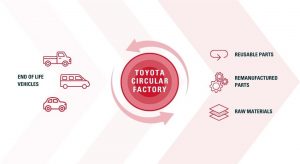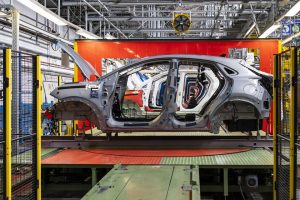Bosch recorded sales of 91.6 billion euros, up 3.8 percent in 2023
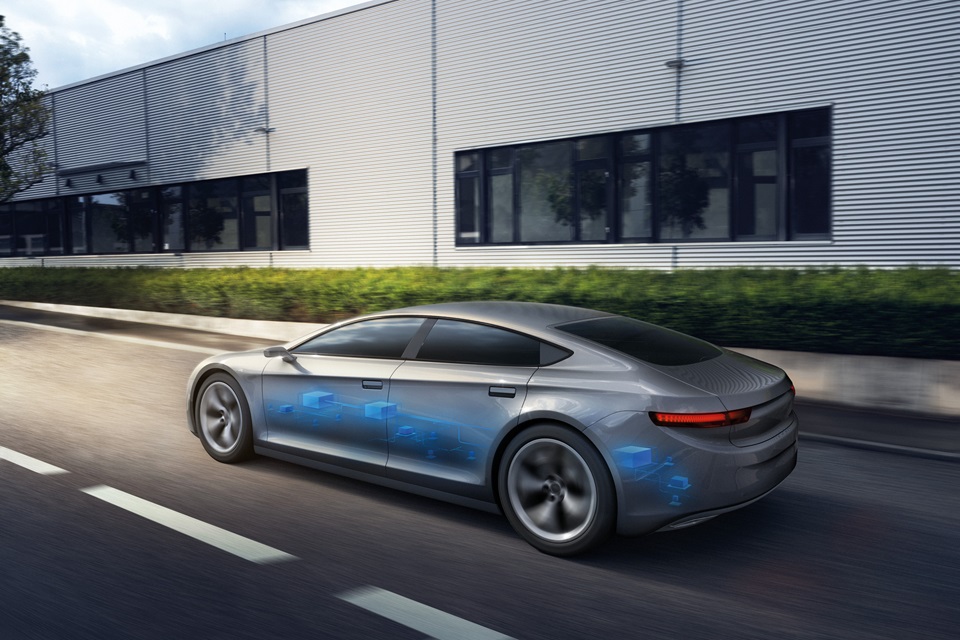
Bosch generated sales of 91.6 billion euros, an increase of 3.8 percent in the past business year. Earnings from operations before interest and taxes (EBIT) amounted to 4.8 billion euros (2022: 3.8 billion euros), the company announced today.
At 5.3 percent, the EBIT margin from operations was 1 percentage point higher than the previous year. It was therefore higher than expected, but still lower than the target margin of at least 7 percent required over the long term. Bosch wants to achieve this by 2026.
“We need a high level of profitability and financial strength so we can self-finance our growth targets as far as possible,” said Markus Forschner, member of the board of management and chief financial officer of Robert Bosch GmbH. “A successful final sprint contributed to our expectations for 2023 on the whole being met. However, the 2024 business year will be at least as challenging as 2023.”
“For 2024, we aren’t expecting any economic tailwind,” Forschner said. Accordingly, he is expecting global economic growth of only 2.3 percent in 2024, along with stagnating vehicle production and continued weakness in the mechanical engineering market. However, there could be a slight improvement in the consumer goods markets after two years of consumer restraint. Bosch expects its own business to stabilize, to which innovations as well as the expansion of its international footprint should contribute. For example, a new stove factory in Egypt and a refrigerator factory in Mexico are currently being built.
In the first quarter of 2024, sales were down by 0.8 percent year on year; after adjusting for exchange-rate effects, this amounts to a rise of 2.7 percent. “This makes it clear that the 5 to 7 percent increase in sales that we are aiming for in our planning for the year as a whole is very ambitious,” Forschner said. The CFO made it clear that it will be difficult to improve on the previous year’s EBIT margin from operations: “We are not only contending with a subdued market environment and an expected further increase in upfront investments in areas of strategic importance. Restructuring and process improvements will also have a negative impact at first, with their positive effect coming only after a delay.” Moreover, Bosch wants to further reduce costs and change structures in order to remain competitive as its industries transform. As Forschner pointed out: “We will put the necessary measures in place consistently, but with a sense of proportion.” Any personnel adjustments required will be made without compulsory redundancies and in consultation with social partners.
The Mobility business sector achieved sales growth of 6.9 percent to 56.2 billion euros. Adjusted for exchange-rate effects, growth equates to 10.9 percent. The EBIT margin from operations was 4.4 percent (2022: 3.4 percent). In the Industrial Technology business sector, sales rose to 7.4 billion euros. This growth of 6.8 percent, or an exchange rate-adjusted 10.2 percent, is due to the first-time consolidation of the HydraForce and Elmo Motion Control acquisitions. The EBIT margin was stable at 9.1 percent (2022: 9.8 percent). In the Consumer Goods business sector, sales were down 6.6 percent on the previous year at 19.9 billion euros; adjusted for exchange-rate effects, this is a slight decrease of 1.2 percent. The EBIT margin from operations was unchanged at 4.5 percent. In the Energy and Building Technology business sector, sales grew 10.5 percent to 7.7 billion euros, or 13.2 percent after adjusting for exchange-rate effects. The EBIT margin from operations reached 9 percent (2022: 6 percent).


